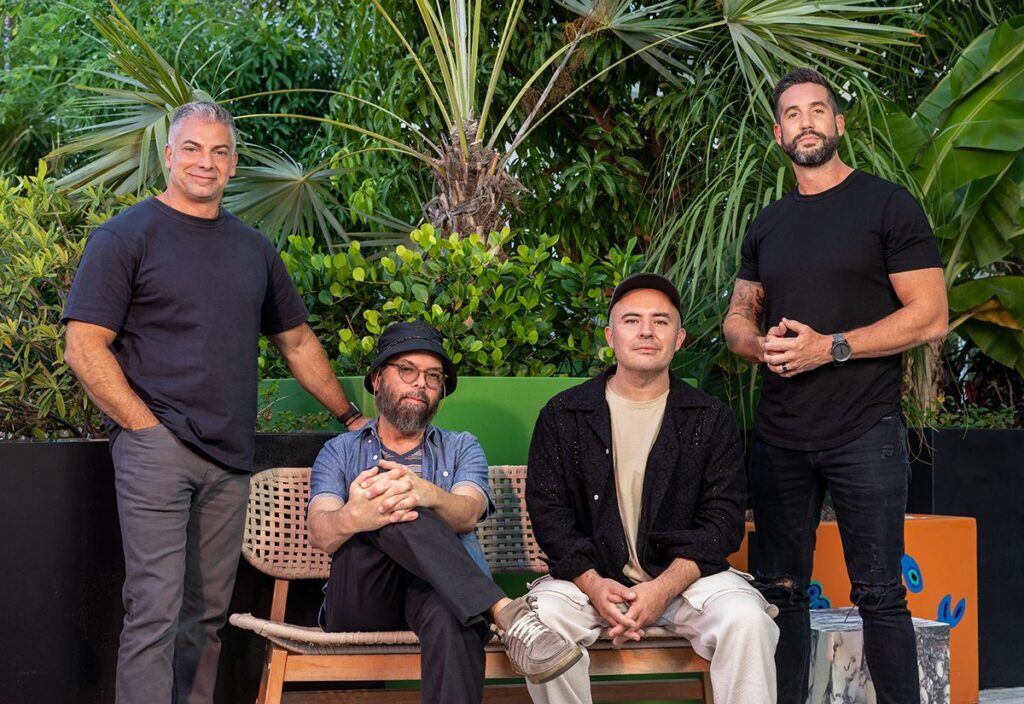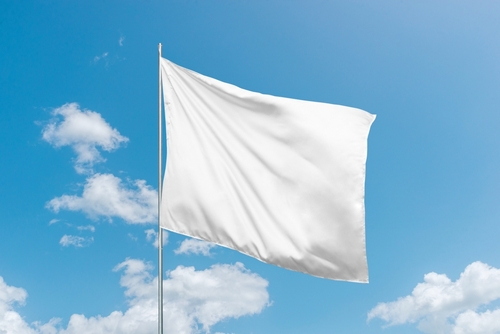We can all think of a scenario where we would like greater transparency. We wrote this week about the various tensions in the advertising community around transparency. Advertisers often want more while those running the ads feel as though sharing puts them at a detriment. Some don’t want to share because they are running ads and pages that the advertisers would most certainly disapprove. Others, though are running pages that would cause no issue, but they choose to share as little as possible because they worry what the advertisers might do with such information. Unlike brand advertisers, many performance advertisers would be willing go around the networks with whom they work as well as try and mimic campaigns that their publishers run successfully.
Transparency from a business to business perspective is but one issue. Personal transparency is another. In pre-internet days, two years wasn’t that long of a time. In internet time, two years can seemingly change the world. Move the slider on the tech timeline to a specific two year block, and it’s amazing just how much has happened. Friendster dominating the world only to succumb to MySpace. Yahoo/Overture being the number one search engine to be dominated by Google. Microsoft going from most valuable tech company to second place behind Apple. In less than two years, we witnessed Facebook’s ascension, YouTube exploding, along with Twitter and fourquare becoming household names. The first three especially – Facebook, YouTube, and Twitter not only make up the trifecta of platforms that brands use, they also make up personal branding efforts.
Just about everyone has heard horror stories that result from an individual’s use of one if not more of those services – the person that didn’t get the job because they checked out their social media page, the person who got in trouble because they called in sick but posted pictures taken during that day. There is also the sales rep for a company who checks-in while on a business trip that is supposed to be secret. That gets tweeted and now their competitors can surmise more of their business dealing. Just recently, we saw the example of the CNN anchor who lost her job over a tweet that, whether her true belief or not, showed implied support for a person that the US considered a terrorist.
The last couple of years especially have created two intertwined and never before seen, in this scale, scenarios. None are the sole fault of sites like Facebook, Twitter, foursquare, or YouTube. Blaming them is like blaming casinos for people’s gambling problems. They just facilitate, just as casinos make it that much easier for those who shouldn’t gamble to gamble. These sites don’t cause us to over-share, they enable it, and to some extent they encourage it. Casino’s make more money if you gamble. They must walk the fine line of removing you from your money without it seeming like they have manipulated you into doing so. The same with social platforms. They succeed when people share more. They don’t make us do anything; they just make us feel a lot more at ease doing something we might not. Twitter especially is a tricky little sort. There probably isn’t a single reason why celebrities have flocked to it, but it can’t hurt that it both plays to a person’s ego and takes almost no time to do.
In addition to enabling an over-sharing culture, social platforms have transformed the way real life takes place and the consequences of mistakes. On the extreme is the well publicized case of the Apple employee who left his super top secret yet to be released iPhone at a bar, which in a matter of hours became headline news. Given the strength of Apple’s recent earnings announcement, we might find employees losing a gadget a few weeks before release in the future. The iPhone story, though, spread like wildfire. Awareness was almost instantaneous. That strength and force with which information can spread is what has changed. We saw it with the anchor who lost her job in less than a day after tweeting, and we saw it with columnist Helen Thomas who never would have guessed that a camcorder interview in Central Park would get her fired after clips made their way around YouTube.
None of the downsides to the social platforms take away from their transformative impact on communications – both personal and professional. Sharing, upon which so much of these platforms are based, isn’t a bad thing; even over-sharing is, for most, just fine. The big difference is that transparency has fundamentally changed. It used to be that a person might worry about Google caching a page which portrayed something less than positive. That is no longer the case. That is still a concern, but communication now isn’t just about Google. It’s a series of shares that happen almost all at once. Now, your Facebook status update becomes your tweet, or your tweet becomes your Facebook update, your LInkedIn status, etc.
Communication today is not just social networking, it’s the network effect that can occur with almost any message. That’s what we must keep in mind when communicating. It isn’t just what we say publicly, but what we say to others that can become very public. Disagreements happen, people get upset with each other. In the past, those exchanges could more securely remain in the confines of the parties having them. If they involved more public/important people it could become somewhat viral. That viral threshold has been greatly diminished. It takes a lot less for something to become very public. We don’t have to worry just about what we share. We have to worry about what others share of ours. The stakes for sharing and what it means have fundamentally changed. This is a form of transparency with the opposite problem, not being able to keep it as private as we might like.
 Network
Network

